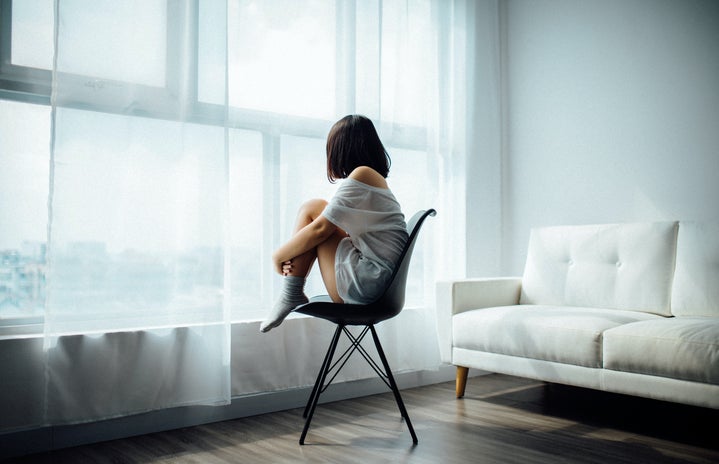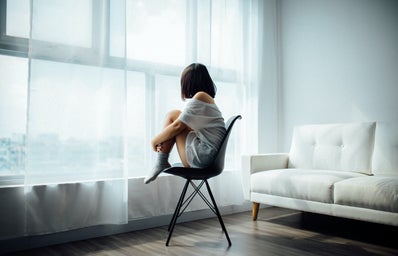By now, we are all too familiar with the concept of the ‘pick-me’ girl – think being ‘one of the boys’, because men are just ‘less drama’. Think Bianca in 10 Things I Hate About You. Think the rejection of femininity in favour of male validation. What is brushed off as a nuisance, I fear, will ultimately become detrimental. My reasoning for this is two-fold: the repression of one’s emotions is never a positive experience, but doing this in relation to womanhood impacts not only the individual but also the collective.
It goes without saying that throughout history, women have always been perceived as the most emotional gender. ‘Hysteria’, after all, comes from the Ancient Greek ‘hystera’, meaning ‘uterus’. Just like many other stereotypes, this holds an incomprehensible amount of power and is used to control and dominate a marginalised community. Therefore, if one is to reject this community, a place in which one can derive solace and a sense of acceptance, then there is surely no hope of overcoming these prejudices. Isolation may also lead to a negative impact on one’s well-being, as loneliness can have a severe impact on both mental and physical health. Thus, in repressing our femininity, we leave room for the misunderstanding of ourselves which can ultimately worsen our mental health. We must stick together on this one.
In her 1975 essay, ‘Visual Pleasure and Narrative Cinema’, Laura Mulvey coined the term ‘male gaze’. Though this was written in relation to film, it is easily applicable elsewhere. Mulvey argues that as viewers, we are aligned with the male gaze, gaining enjoyment from the reduction of women to objects, as well as their exclusion regarding positions of power. Arguably, the repression of emotions will further perpetuate the seemingly limitless power held by the male gaze. It’s an endless cycle. Isolation from your community results in a lack of dialogue, subsequently leading to a lack of understanding. If there is a lack of understanding, there is no hope regarding the comprehension and validation of mental health. However, this is somewhat of a double-edged sword, because to reject is to be deemed a ‘pick-me’ but to embrace is to be deemed hysterical. Once labelled as either one, one is instantly, devastatingly devalued. Any sense of control is gone. We are merely props within this male hegemonic society, reduced to stereotypes which are as prominent as they are destructive.
Perhaps what is most crucial to stress is a sense of unity in combatting these authoritative stereotypes and the negative impact which they can generate. We know that we are stronger together so we must nurture our community if there is any hope to break through these restrictive boundaries to femininity and female identity. So, I encourage you to welcome the social support system bestowed upon you and the benefits that this can bring. Talk! Relate! Embrace! Know that you are never alone and don’t be afraid to be like other girls.


